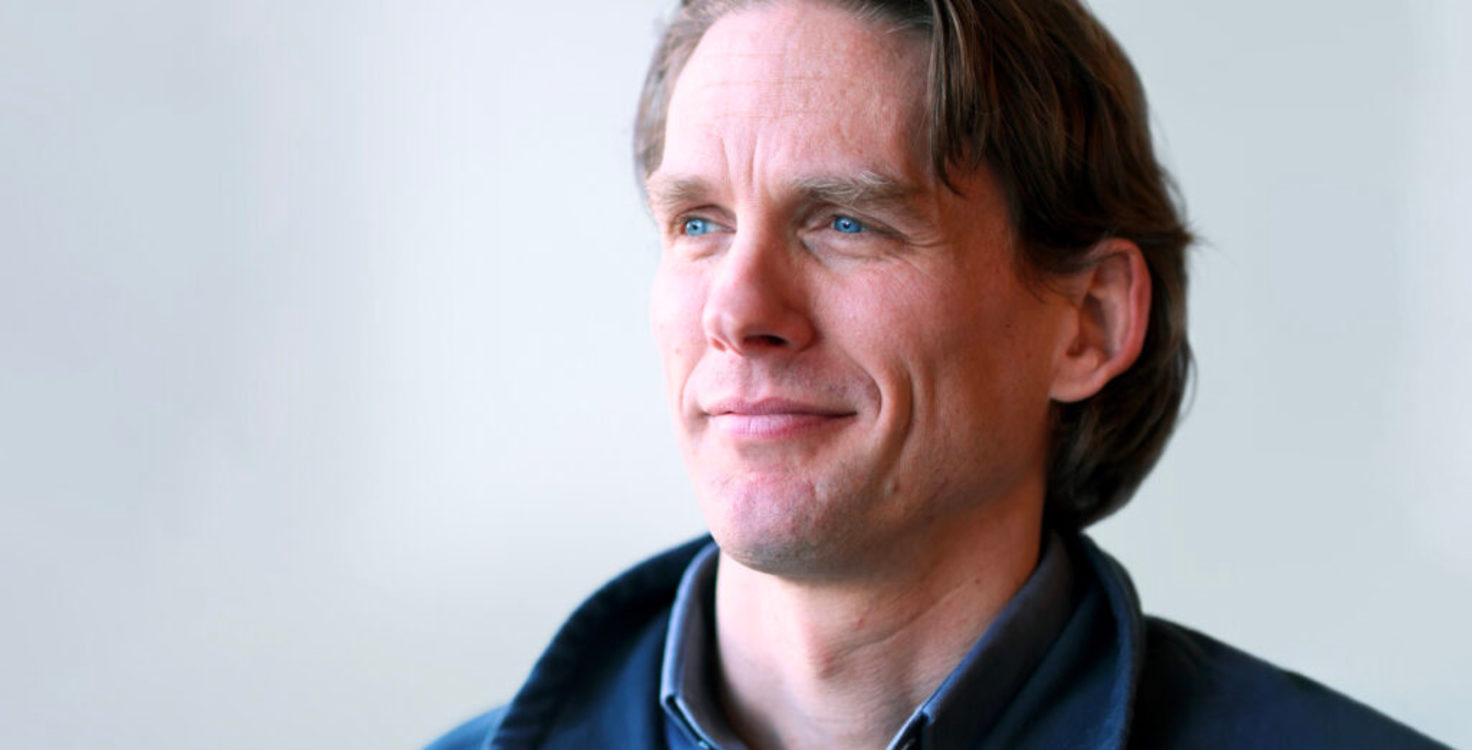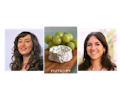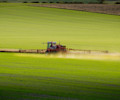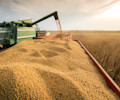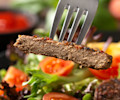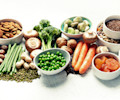We are Mosa Meat, a food technology company that’s helping everyone take a bite out of a better future – starting with the world’s kindest beef burger. Our motivation is to find a new method to make real meat to feed our fast-growing population in a sustainable, healthy and animal-friendly way.
In 2013, our Chief Scientific Officer Professor Mark Post unveiled the world’s first cultured meat hamburger to a packed press conference in London. The burger was harvested directly from cow cells, rather than raising and slaughtering a whole animal. It was the result of years of research at Maastricht University, and cost €250,000 to make. The effort was funded by Sergey Brin, the co-founder of Google.
Following the success of the first hamburger, we created Mosa Meat to further develop and commercialise cultured meat (also known as clean meat, cultivated meat or cell-based meat) and bring it to plates everywhere and for everyone.
Interview with Maarten Bosch
What are the main drivers of cost?
The main drivers of cost today in the industry are the cell culture media that we grow the cells in, the conversion rate and capital expenditure on bioreactor systems.
How and when do you expect to achieve price parity with the conventional counterpart protein?
Though it will take some time to get there, we have a clear path to reach price parity with meat. To do this, we need to both bring down the cost of media components, and increase the efficiency of our consumables and hardware.
In terms of bringing down the price of media components, we are pursuing various strategies such as negotiating better terms with suppliers, or switching from pharma-grade to food-grade ingredients. We’ve already reduced the per-litre cost of our media by over 80 times and it continues to fall.
With respect to efficiency, this is about making each litre of media go further (for example, through utilising recycling strategies) and getting higher yields from our bioreactors.
How are you working with the conventional meat, seafood and dairy industry?
One of our founding beliefs is that we should work with partners, including in the meat industry. That is how we can scale up as fast as possible and have the largest possible impact for animals and the environment. The Bell Food Group, Switzerland’s largest meat processor, is one of our investors, as is Nutreco (a leading global animal feed company). We are working with them and other partners to reduce our costs and bring our products to market as soon as possible.
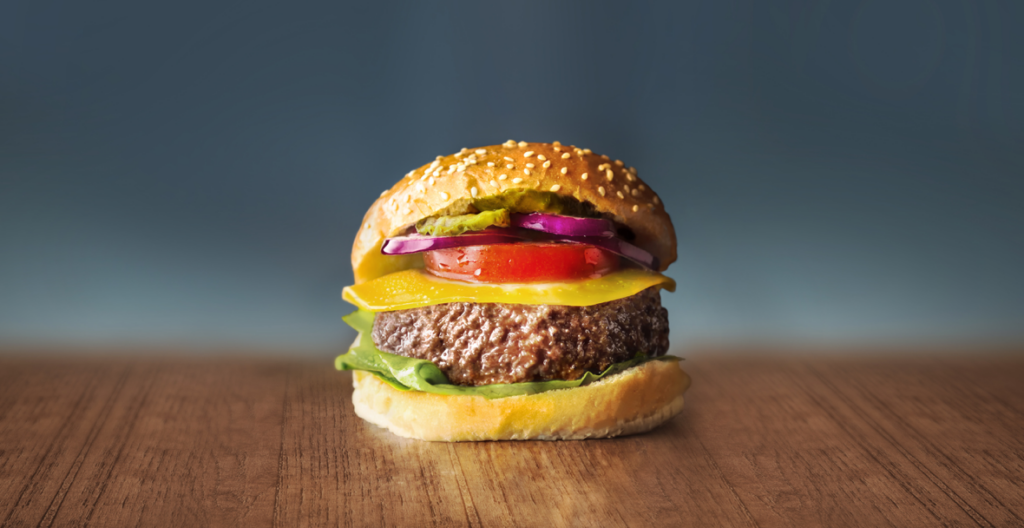
Food safety is a key area of concern for consumers, how are you addressing this in your processes and ultimately product?
Food safety is also hugely important to us. As a novel food, our product must undergo rigorous safety testing by government authorities. The authorities will only allow our products to be sold to consumers if we can demonstrate to them beyond any doubt that our process and product are safe to consume. One of the benefits of cultivated meat is that we can produce it in a completely sterile environment, without using antibiotics. This greatly reduces a major food safety risk, namely bacterial contamination. Furthermore, it helps mitigate the emergence of antibiotic-resistant “superbugs”, which are a major risk to public health coming from our current meat production.
What is the biggest driver of your environmental footprint (especially at scale), and how are you working to reduce it?
The primary reason that our founders established Mosa Meat was to reduce the environmental impact of meat production, and that’s why we decided to first focus on beef (which has by far the largest footprint). At scale, the biggest environmental impact could potentially be global warming associated with energy generation, with emissions driven by the energy requirements of running factories. However, we can largely ,or perhaps even completely, avoid this outcome if we power our factories with decarbonised energy. So, we are working closely on this as we grow from pilot scale to our first industrial production units.
How can the sector support a just transition through the creation of new opportunities to absorb displaced workers and farmers from the conventional meat sector?
Together with a group of partners, including Wageningen University, we are participating in a project to look at exactly this – how can we create a blueprint for the transformation of the sector where farmers benefit too. If cultivated meat is a success, it will create all sorts of new lucrative opportunities such as supplying feed for cells, and it will be farmers that have the capabilities to take up these opportunities. We also need this supply chain to scale up – so we’re very keen to work together with farmers to make this happen.
